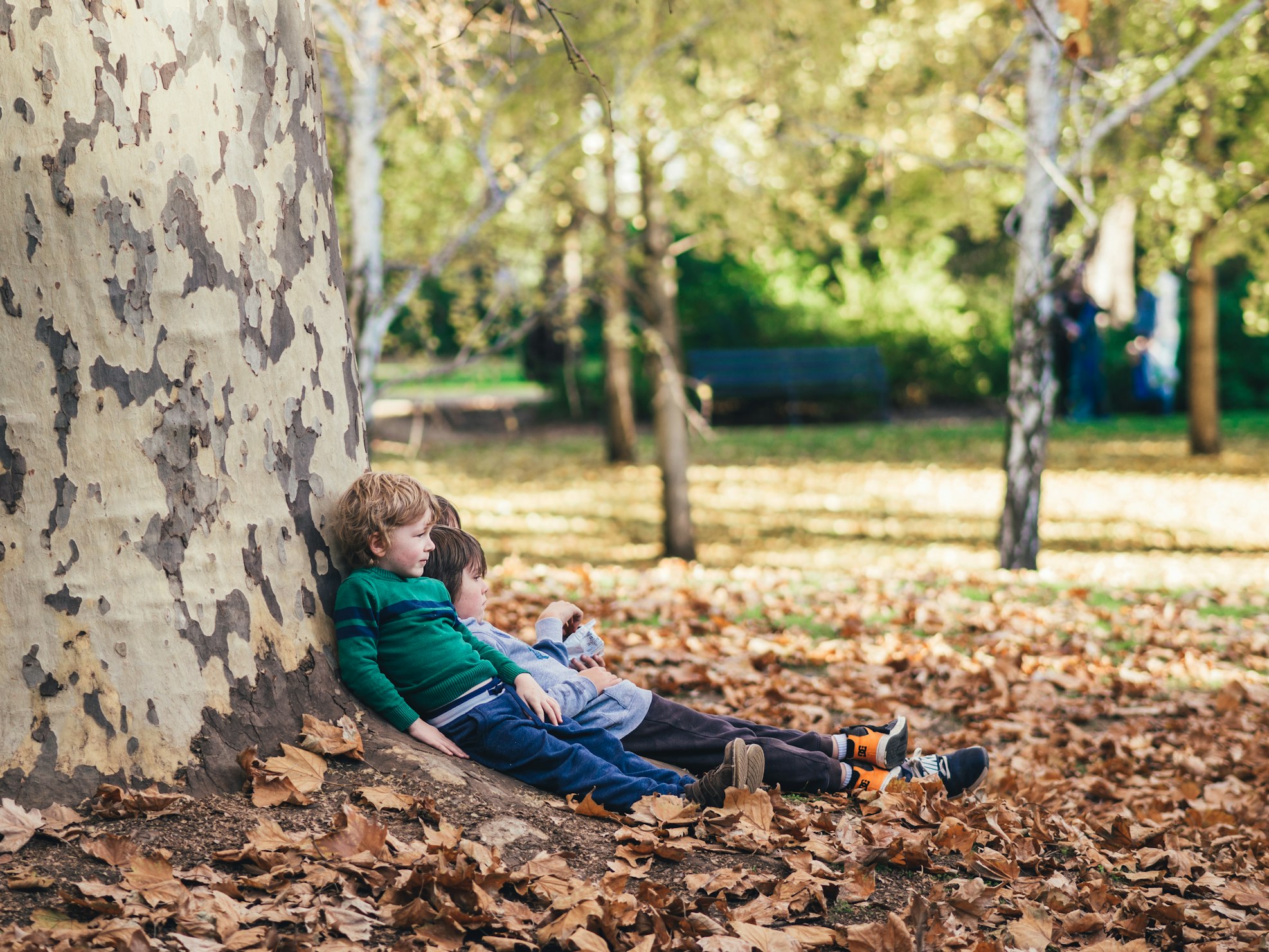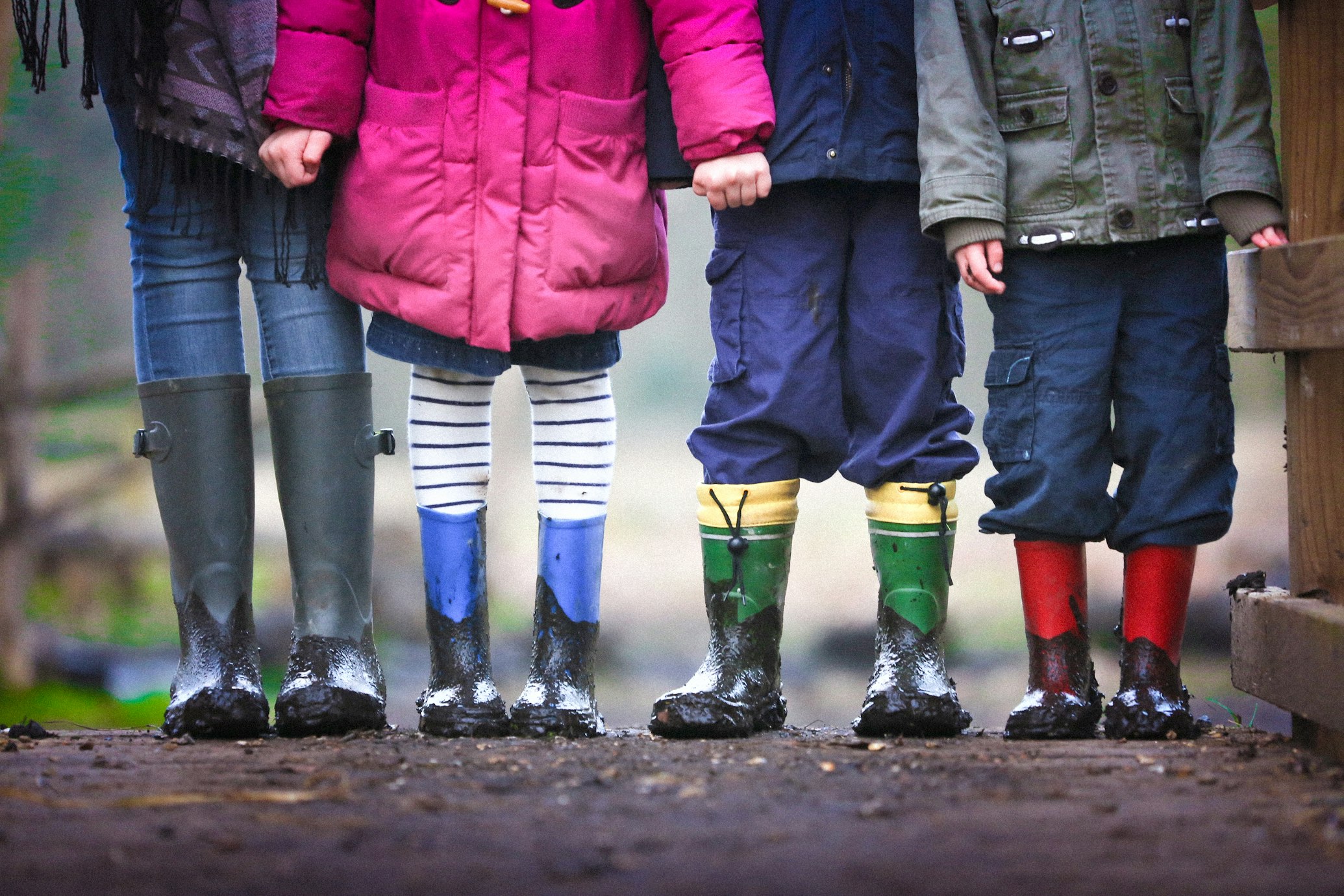The Importance of Peer Relationships in Early Childhood

Did You Know?
The ‘peer relationships’ topic has been of peculiar interest nowadays since the vast majority of children are exposed to peers before preschool through day-care as one example, or even interactions with siblings in the family context. Peer relationships in early childhood have been identified as key elements for social and emotional development; they have been also viewed as essential to current and future psychosocial adjustment. Young children interacting with other children their age allows them to learn about sharing and cooperative play. In return, this helps them gain important social skills which they will harbour throughout their life span.
Studies have shown that by the age of four on average, most children tend to have defined the idea of ‘best friends’ and are capable of making the choice between which peers they like or dislike. It has been found, however, that 5% to 10% of these children experience rejection or harassment, which are considered as chronic peer relationship difficulties. These early unhealthy experiences with peers are correlated to having a negative impact on the child’s future social and emotional development.
When Do the Difficulties Begin?
Several cognitive, emotional, and behavioral skills begin to develop in the first two years of a child’s life. These include:
• Managing joint attention
• Regulating emotions
• Inhibiting impulses
• Imitating other children’s actions
• Understanding cause and effect relationship
• Developing language skills
Some external factors can play a major role in impacting the development of the child’s peer relationships such as:
• The child’s relationship with family members
• Their cultural and socioeconomic backgrounds

Additional internal factors are also part of this influence, and they comprise of the child’s physical, developmental, intellectual, and behavioral disabilities. Having said that, children who suffer from disabilities, i.e., being impaired in one or more of the above basic skills, tend to find more difficulties to socially adapt to others than their well-developed peers.
Research identified behavior as one of the crucial factors linked to peer relationship difficulties. For instance, children who are hyperactive, aggressive, or withdrawn often face higher peer rejection. These are more likely to occur later than preschool years. Although aggressive behaviors are sometimes accepted within certain peer groups and within specific age groups, the absence of prosocial behaviors tend to have a more significant impact on peer rejection. The aggression-rejection association is more prominent in preschool or early school years rather than late childhood; in addition, aggressive children might be more popular within a group of peers who are supportive or are neutral towards aggressive behaviors.
Short Term and Long Term Effects
Over the short term, these peer relationship difficulties are correlated with poor academic performance and educational underachievement. Thus, children will possess a decreased motivation for classroom activities because of peer conflict and rejection. The differences are obvious when observing children with healthy and accepting peer relationships, where they enjoy an increased motivation to participate.
Over the long term though, it has been recognized that adjustment disorders in adolescence and young adulthood are highly correlated with early peer relationship difficulties. These adjustment disorders come in the term of school dropouts, juvenile delinquency, and emotional problems such as: anxiety, depression, and loneliness. Nevertheless, not enough evidence has demonstrated the long-term effects on peer relationship problems since there are other personal or environmental factors to consider in these circumstances. In this case though, it comes back to the risks of maladjustments in children with early behavioral and emotional issues being significantly heightened by peer rejection. Studies have demonstrated how early healthy and positive peer relationships appear to pose as protective factors for high-risk children against extreme psychological disturbances.
All in all, research directs us towards promoting the need to develop critical social-emotional abilities. It also encourages the importance of attending to creating a positive atmosphere for children full of healthy relationships whether at home, at school, or even in the community.
References
Boivin M. The origin of peer relationship difficulties in early childhood and their impact on children's psychosocial adjustment and development. Encyclopedia on early childhood development; 2005. Available at: http://www.child-encycolpedia.com/documents/BoivinANGxp.pdf
Bukowski W, Hoza B. Popularity and Friendship: Issues in Theory, Measurement, and Outcome. In: Berndt TJ, Ladd GW, editors. Peer Relationships in Child Development. New York: Wiley; 1989. pp. 15–45.
Bagwell CL, Newcomb AF, Bukowski WM. Preadolescent friendship and peer rejection as predictors of adult adjustment. Child Dev. 1998;69:140–153.
Coie J, Terry R, Lenox K, Lachman J, Hyman C. Childhood peer rejection and aggression as predictors of stable patterns of adolescent disorder. Dev Psychopathol. 1995;7:697–713.
Hymel S, Rubin K, Rowden L, LeMare L. Children's peer relationships: longitudinal predictions of internalizing and externalizing problems from middle to late childhood. Child Dev. 1990;61:2004–2021
Hodges EV, Boivin M, Vitaro F, Bukowski WM. The power of friendship: Protection against and escalating cycle of peer victimization. Dev Psychol. 1999;35:94–101